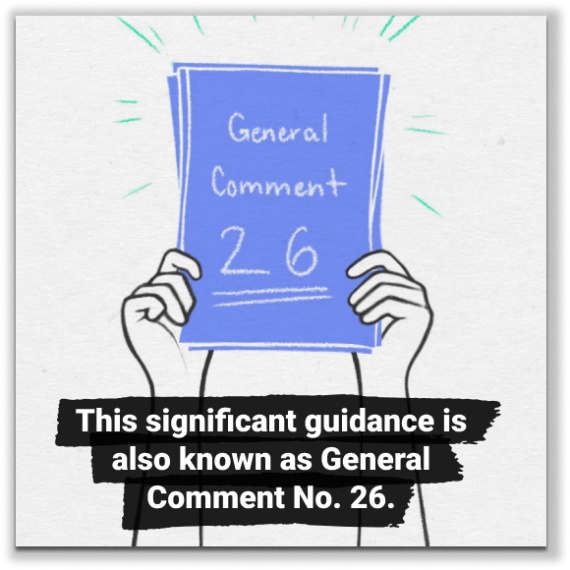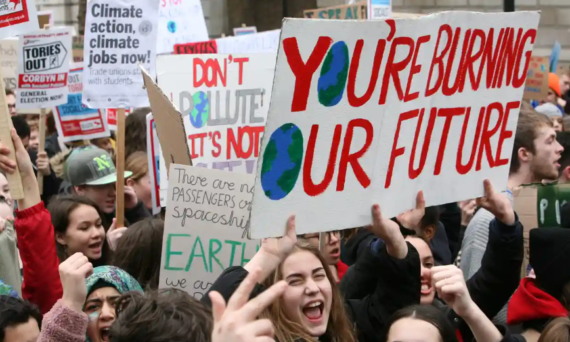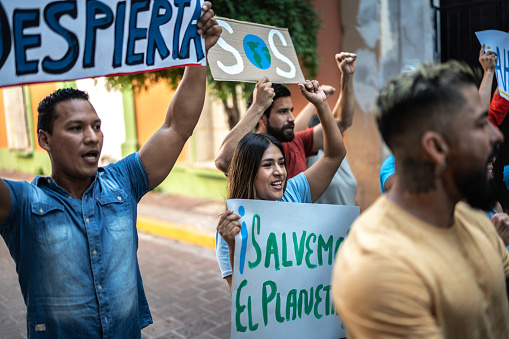On August 28, 2023, the United Nations Committee on the Rights of the Child (UNCRC) published General Comment No. 26 (GC26) on children’s rights and the environment with a special focus on climate change. A general comment, despite non-binding, provides an authoritative interpretation of human rights treaty provisions – in […]
International
The Approach Will Cost Lives This year’s hurricane season has gotten off to a very active start with three storms in the vicinity of Puerto Rico in just the first month of the season. The record-breaking heat creates the perfect conditions for more intense storms. In 2017, the archipelago got […]
In March 2023, two important decisions regarding the operation of newly built coal-fired power plants were handed down by courts in Japan. On March 9, 2023, the Japanese Supreme Court refused to hear the first climate change litigation brought before it without specifying substantive reasons. (Citizens’ Committee on the Kobe […]
March 8, 2023, marked the start of the demonstration phase of Project Greensand, shipping carbon dioxide (CO2) from Belgium for storage in a depleted oilfield in the North Sea off the coast of Denmark. This blog post highlights three ways in which this pioneering carbon capture and storage (CCS) operation […]
Adjudication typically looks backward: it runs after the facts. This is also true for human rights adjudication and the activity of the European Court of Human Rights (ECtHR). The ECtHR was built on the idea that individuals who suffered (past tense) or suffer (present tense) violations of the rights and […]
From January 16-20, 2023, leaders in politics, business, civil society, media, and academia gathered in Davos, Switzerland, for the World Economic Forum’s Annual Meeting to discuss some of the world’s most pressing issues. This year, I had the honor to participate in two panel discussions on climate migration in […]
By Maria Antonia Tigre & Juan Sebastian Castellanos In December 2021, the Sabin Center launched the Peer Review Network of Global Climate Litigation (Network), through which practitioners and scholars from the around the world act as “rapporteurs” for their jurisdictions, helping to update and maintain the Global Climate Change […]
Just transition litigation is a novel and under-researched field. Today, the Sabin Center’s launches a new report that analyzes 20 just transition cases from Latin America, filling an important gap in existing research by increasing the visibility of affirmative actions for just transition from the Global South and improving our […]








